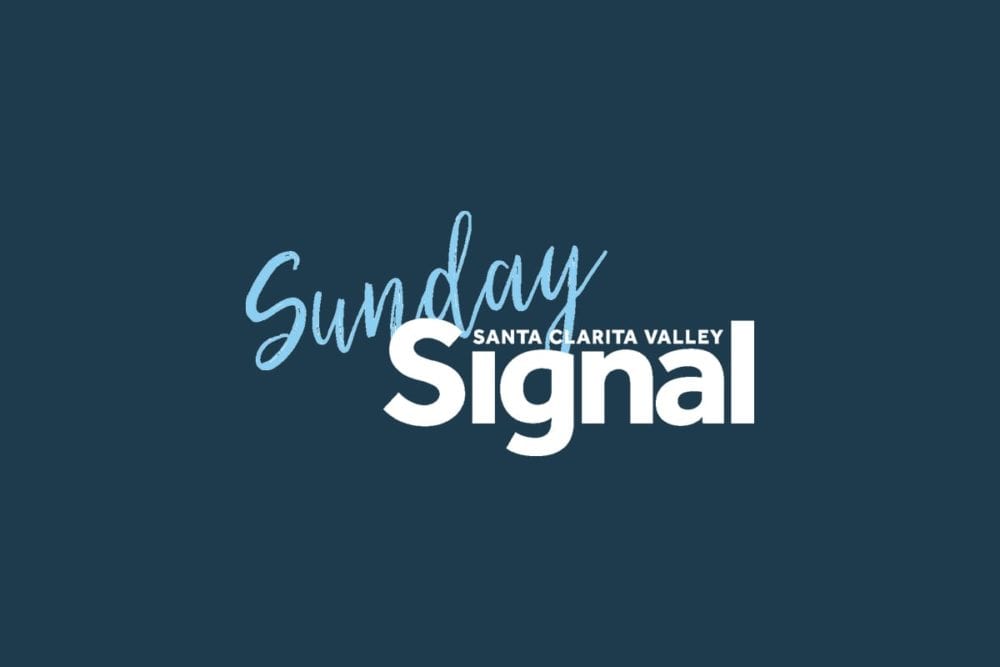After a heart attack, as many as 1 in 4 survivors will have another one. Lifestyle changes and working closely with your doctor to manage your health can help minimize the risk of a repeat event.
“A heart attack is a life-changing event,” said Nieca Goldberg, MD, American Heart Association volunteer and medical director of NYU Women’s Heart Program.
“What many people don’t realize is the hidden risks that led to your first heart attack can be managed and, by doing this, you may reduce your risk of having another one.”
Because up to 80% of heart attacks are preventable, it’s important to follow your doctor’s recommendations for reducing your risk. Talk to your doctor about a secondary prevention plan, and consider other steps like these from the American Heart Association’s secondary prevention program, nationally sponsored by Bayer:
Take your medications as prescribed
Certain medicines can lower your risk of another cardiac event. That’s why it’s important to understand your medications and take them correctly. Taking aspirin as recommended by a doctor is one way to help prevent another attack. However, no one should start, stop or modify an aspirin regimen without speaking with their doctor.
Manage your risk factors
After a heart attack, it’s important to manage risk factors such as high blood pressure, high cholesterol and diabetes by taking medications as prescribed, quitting smoking, eating healthier and getting active.
Attend follow-up appointments
Attending your follow-up appointments helps your doctors keep track of your condition and recovery. You can make the most of your time with your doctor by preparing a list of questions and concerns along with a list of all medications, vitamins and supplements. Bringing a trusted friend or family member may help as well.
Participate in a cardiac
rehabilitation program
Cardiac rehabilitation is a medically supervised program designed to help you recover after a heart attack. You should have received a referral to cardiac rehab when you were discharged from the hospital; if you didn’t, ask your doctor if this program is right for you.
Get support
It’s normal to feel scared, overwhelmed or confused after a heart attack. Connect with other heart attack survivors and caregivers through local support groups or the American Heart Association’s free online Support Network. Learn more about ways you can thrive after a heart attack at heart.org/oneisenough.
Take charge of your heart health
Heart disease is the No. 1 cause of death in the United States, but your lifestyle can be your best defense.
Stop smoking. If you smoke, quit.
Choose good nutrition
A healthy diet is one of the best weapons for fighting cardiovascular disease. Research shows eating 4-5 servings of fruits and vegetables each day may lower blood pressure over time.
Lower cholesterol
Fat lodged in your arteries can trigger a heart attack or stroke. Reduce your intake of saturated fat, trans fat and cholesterol, and get moving. If diet and physical activity alone don’t get those numbers down, then medication may be the key.
Lower blood pressure
Shake that salt habit, take your medications as recommended by your doctor and get moving. An optimal blood pressure reading is less than 120/80 mmHg.
Reduce stress
Some studies have noted a relationship between coronary heart disease risk and stress. This may affect the risk factors for heart disease and stroke. For example, people under stress may overeat, start smoking or smoke more than they otherwise would.
Content courtesy of the American Heart Association’s secondary prevention initiative. (Family Features)













